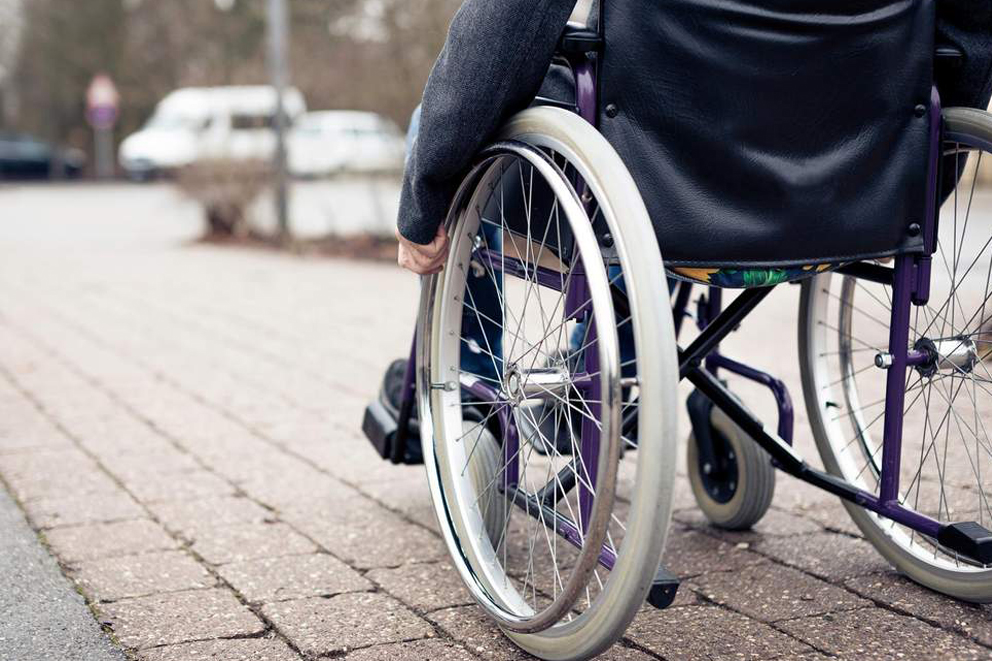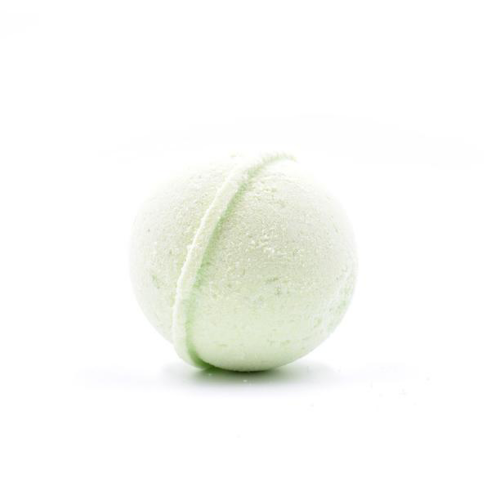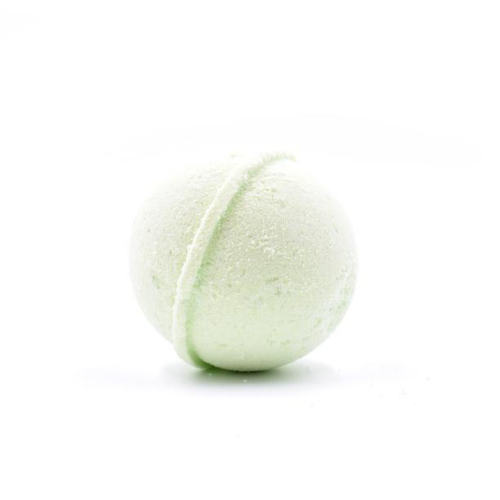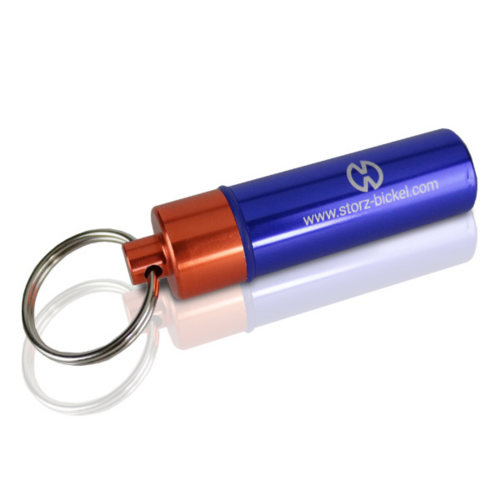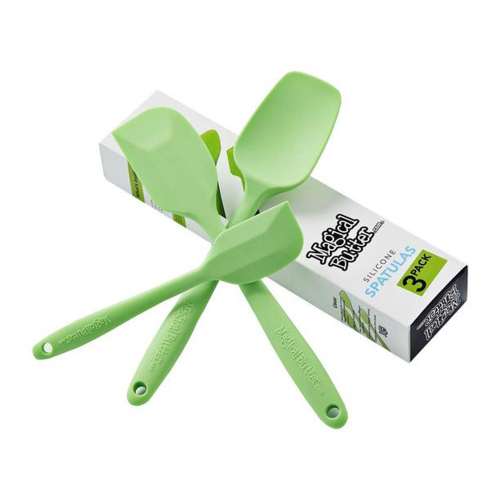Multiple sclerosis is a disease that affects the brain and spinal cord.
- Relapsing-Remitting MS (RRMS). This is the most common form of multiple sclerosis. About 85% of people with MS are initially diagnosed with RRMS. People with RRMS have temporary periods called relapses, flare-ups or exacerbations, when new symptoms appear
- Secondary-Progressive MS (SPMS). In SPMS, symptoms worsen more steadily over time, with or without the occurrence of relapses and remissions. Most people who are diagnosed with RRMS will transition to SPMS at some point
- Primary-Progressive MS (PPMS). This type of MS is not very common, occurring in about 10% of people with MS. PPMS is characterized by slowly worsening symptoms from the beginning, with no relapses or remissions
- Progressive-Relapsing MS (PRMS). A rare form of MS (5%), PRMS is characterized by a steadily worsening disease state from the beginning, with acute relapses but no remissions, with or without recovery
- Immune system malfunctions
- Genetic
- Environment such as sunlight exposure and vitamin D
- Infection, several viruses and bacteria
- Numbness in limbs or abdomen – typically occurs on one side the body
- Partial or complete loss of vision with pain in one eye
- Chronic double vision
- Pins and needles in several parts of the body
- Electric-shock sensations when bending the neck
- Tremor, lack of coordination or unbalanced gait
- Slurred speech
- Fatigue
- Dizziness
- Bowel and bladder dysfunction
- Canada has one of the highest rates of multiple sclerosis (MS) in the world, with an estimated 77,000 Canadians (1 in every 385 Canadians) living with the disease.
- While it is most often diagnosed in young adults aged 15 to 40, younger children and older adults are also diagnosed with the disease.
Cannabis Benefits
- Research published in the Multiple Sclerosis Journal found that cannabis based medicinal extracts can significantly reduce the spasticity and pain associated with multiple sclerosis while having few adverse effects on patients.
- Medical Cannabis is used to treat these kind of disorders due to its powerful anti-inflammatory properties.
Best Strains
- Cannabinoids like THC and CBD
- Oromucosal (mouth) sprays like Sativex (R)
What Women Say
“I started using high-CBD sublingual spray, and I’ve been able to totally discontinue the corticosteroids that I’ve been taking for the better part of 40 years for my MS. Pure magic.”
“I went from taking large amounts of opioids each day to CBD edibles. After trying several products of both edible and flowers, I found a 100 mg CBD chew from Sensi. WOW, what relief I got! I’m a tried and true believer and will continue to use them in my fight against MS.”
“A patient’s spasticity made his legs extremely rigid, he was finding it increasingly difficult to walk or sleep, and he was losing bladder control. Following the use of Medical Marijuana, an examination revealed remarkable relief, an unbelievable recovery.”
